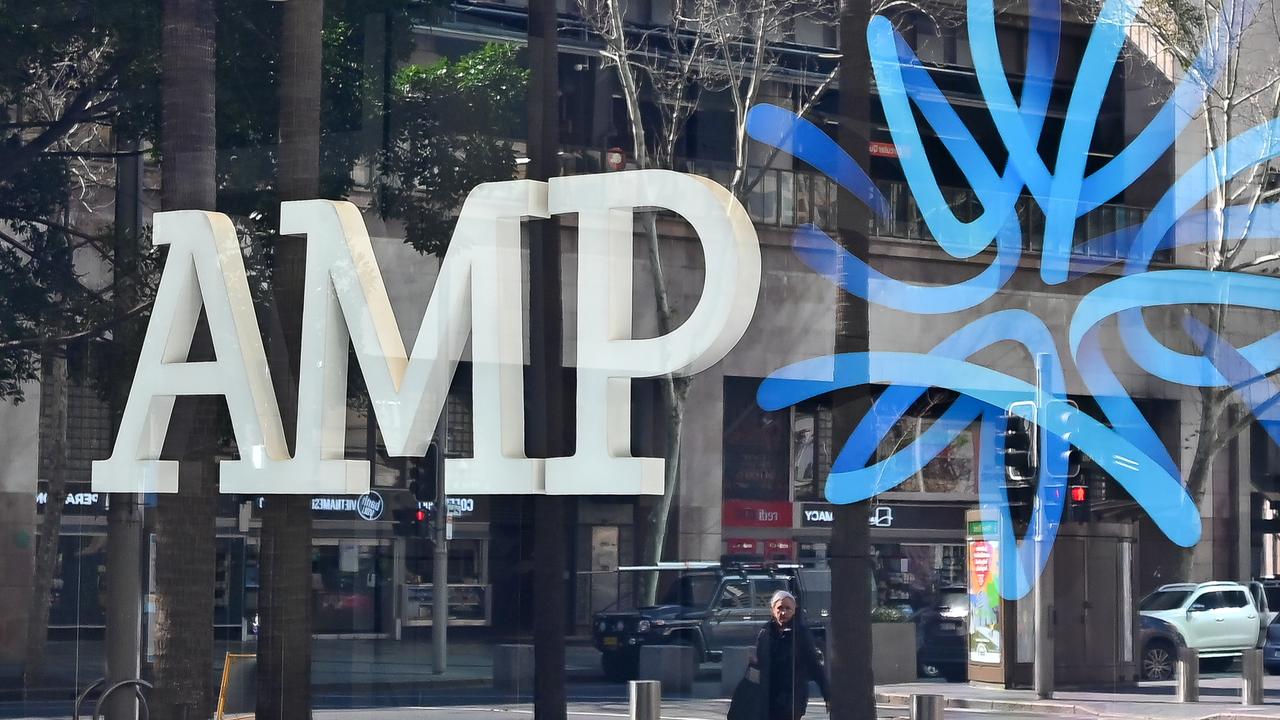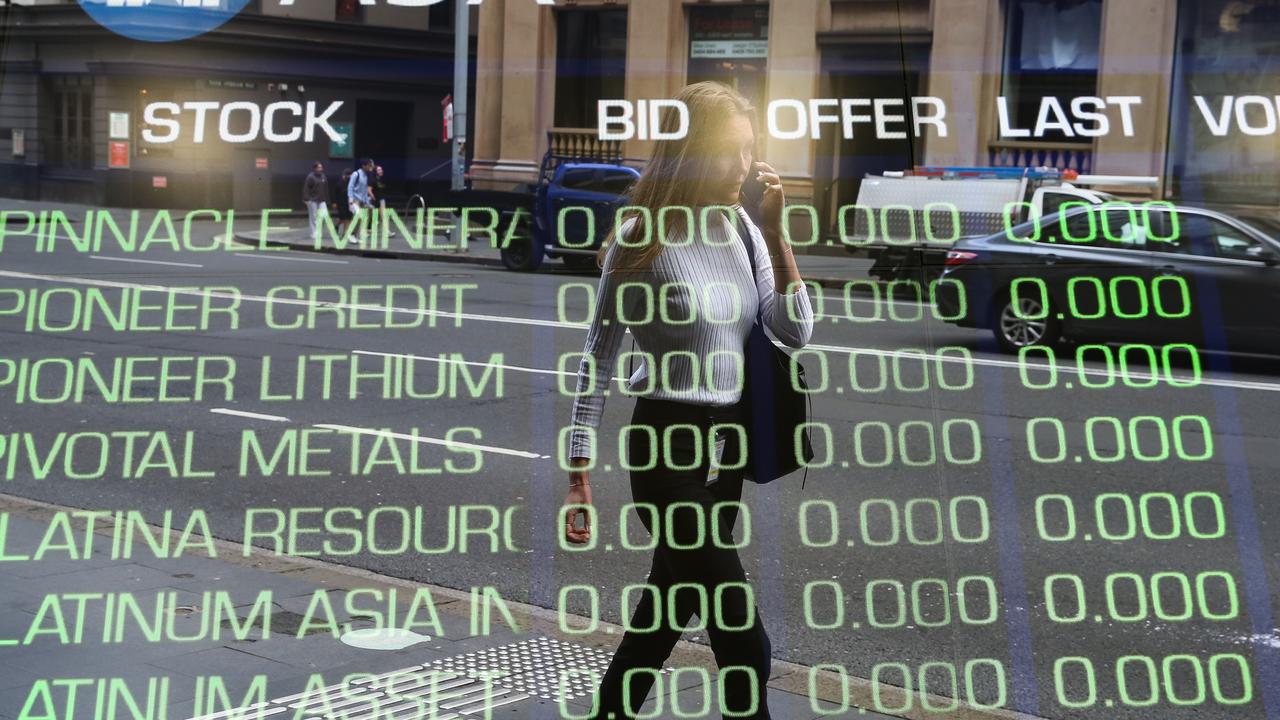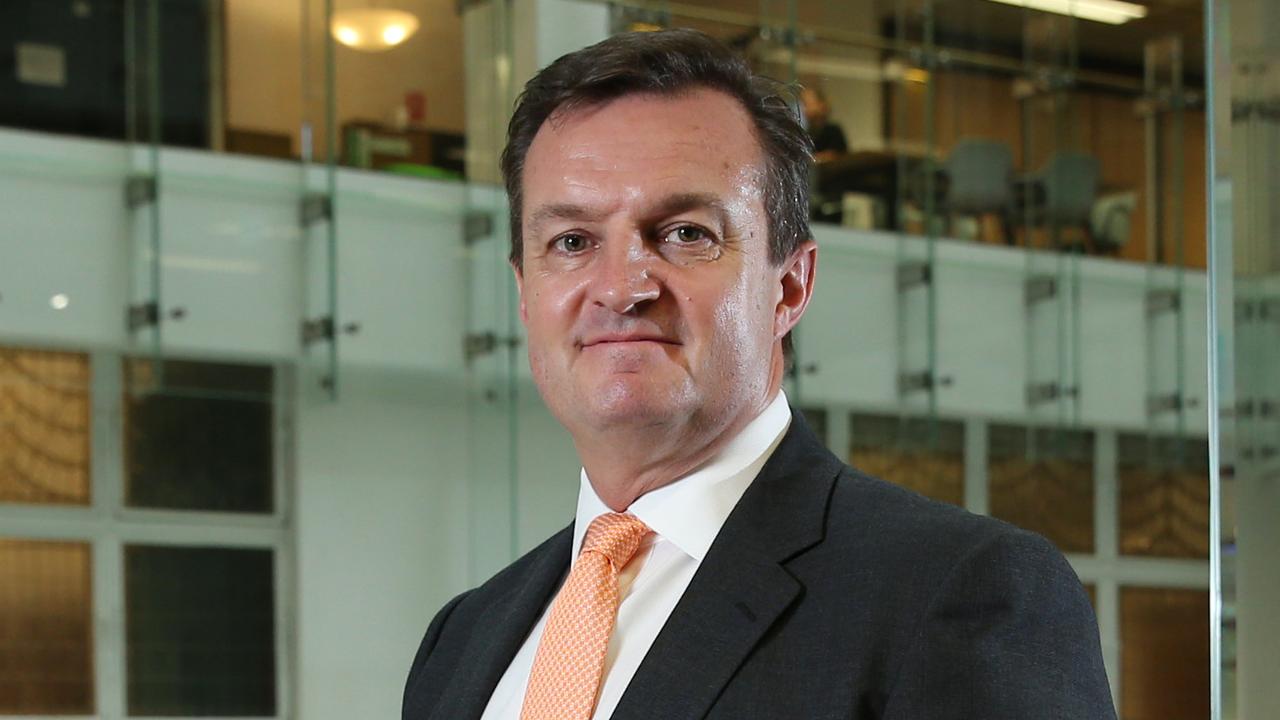What 2025 holds for Australian property prices, rents and the cost of living
There may be some cost-of-living relief on its way and housing values are likely to slow but energy bills could soar when subsidies end in 2025. Prepare for a year of uncertainty.
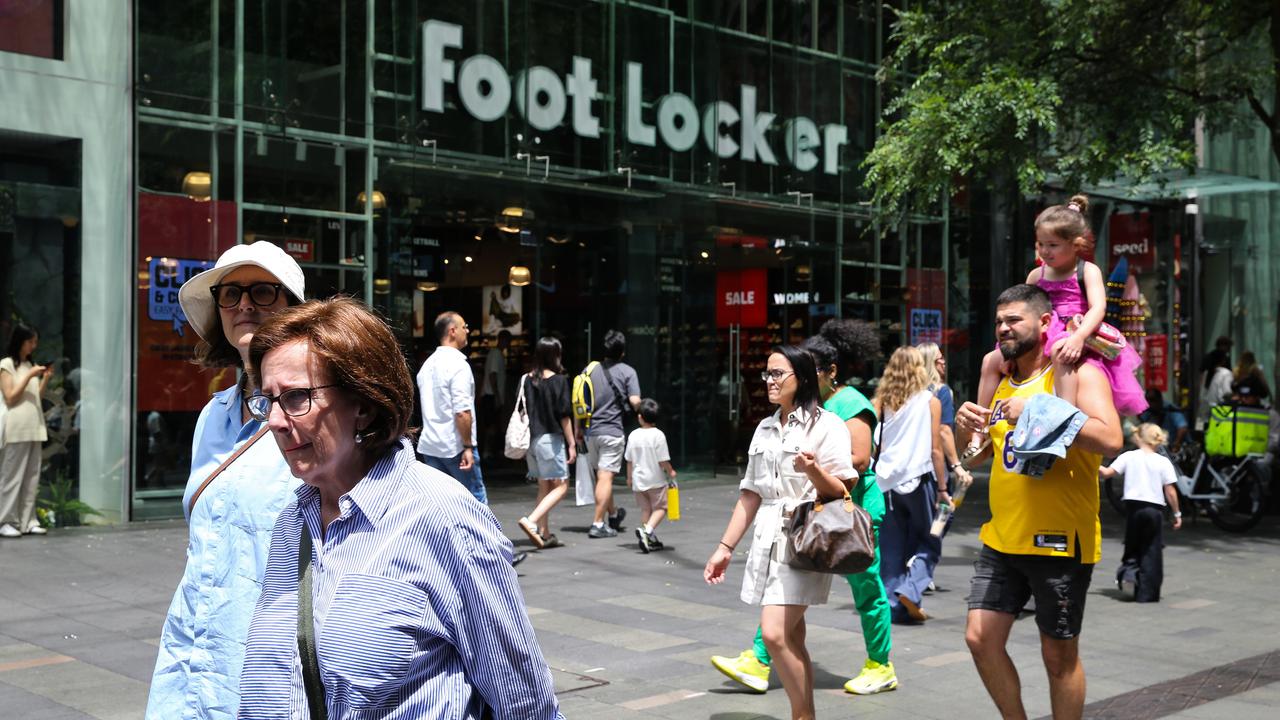
Business
Don't miss out on the headlines from Business. Followed categories will be added to My News.
Millions of households could get financial relief in the new year as a combination of mortgage cuts, slowing rental price hikes and a boost to government cash payments come into effect.
However, people are likely to continue to see inflation remain stubborn, while being forced to pay more for a passport which will rise above $400, and more for power with energy subsidies being wound back.
Housing affordability issues will remain despite the federal government’s Help to Buy program set to come into effect, giving lower-income first-home buyers the ability to buy with a 2 per cent deposit, with the government taking an equity interest.
PropTrack senior economist Anne Flaherty said property prices had slowed in recent months with 2024 gains around 5 per cent. Price rises would ease further in 2025 but were at the mercy of interest rate cuts and the RBA.
“If we see a modest cut, I don’t think that’s going to contribute much to price growth, but if we were to see larger cuts, that will increase borrowing capacities, and you would expect that will have a positive impact on prices,” she said.
Ms Flaherty said interest rate cuts took time to flow through, and any rate cuts in 2025 would unlikely turn the market on its head overnight.
“The one factor that determines how much someone’s going to pay is recent sales,” she said. “When rates were slashed quickly back in 2020, it took quite a long time for property prices to reach their peak.”
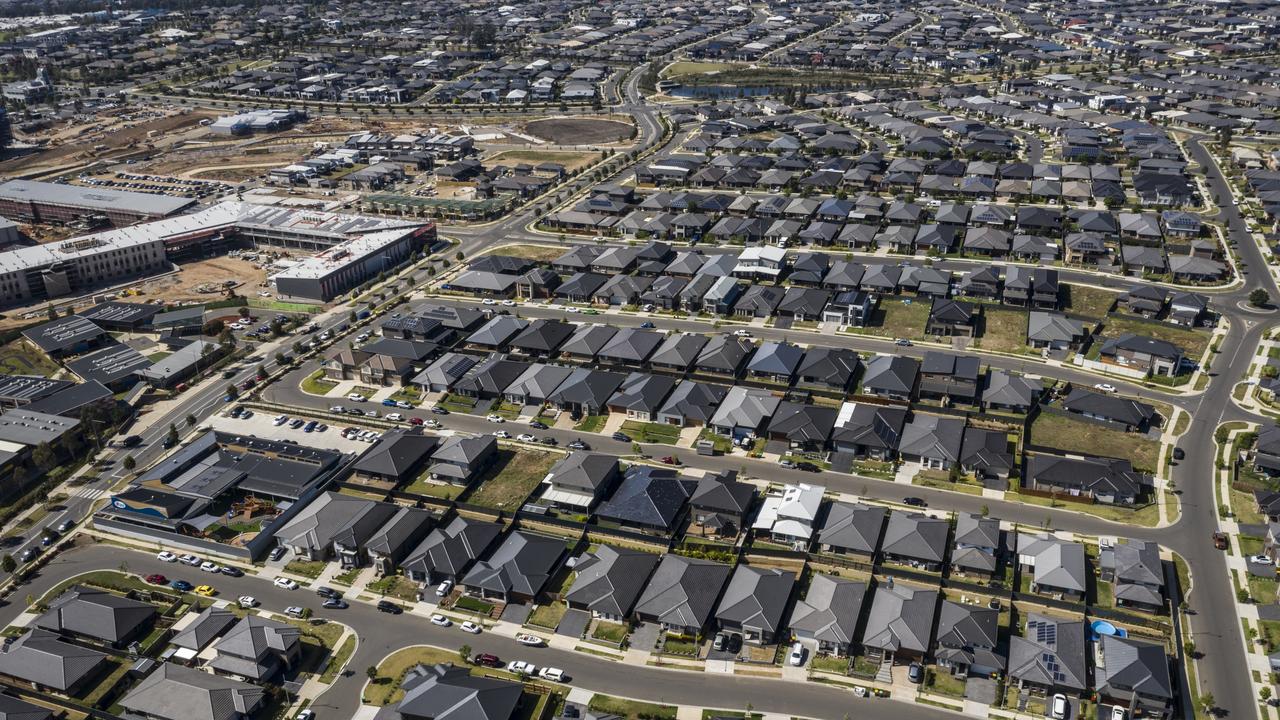
Foreign property sellers will lose 15 per cent of the sale price to the tax office from January 1, an increase from 12.5 per cent, and sales under $750,000 will no longer be exempt.
Commonwealth Bank forecast the RBA will cut rates from February for a cash rate of 3.35 per cent by the end of the year, while ANZ, Westpac and NAB have all pencilled in the first rate cut in May. RateCity forecasts one 25 basis point rate cut would reduce repayments on a $500,000 loan by $75 per month.
Canstar data insights director Sally Tindall said while 2025 would bring some relief to households, it remained to be seen when any relief from lower interest rates would flow through.
“No one knows for certain when (rate cuts) will land,” she said. “In fact, there’s no iron-clad guarantee we’ll see cuts next year at all. If you have a mortgage, don’t just cross your fingers and hope for the best. Get on the front foot over summer by knocking down your interest rate as far as possible, either by haggling or refinancing.”
Inflation eased to 2.8 per cent in the December quarter, driven by a flurry of temporary cost-of-living subsidiaries by state and federal governments. The RBA said headline inflation would temporarily be within the target range over 2025, owing primarily to cost-of-living support measures provided to households.
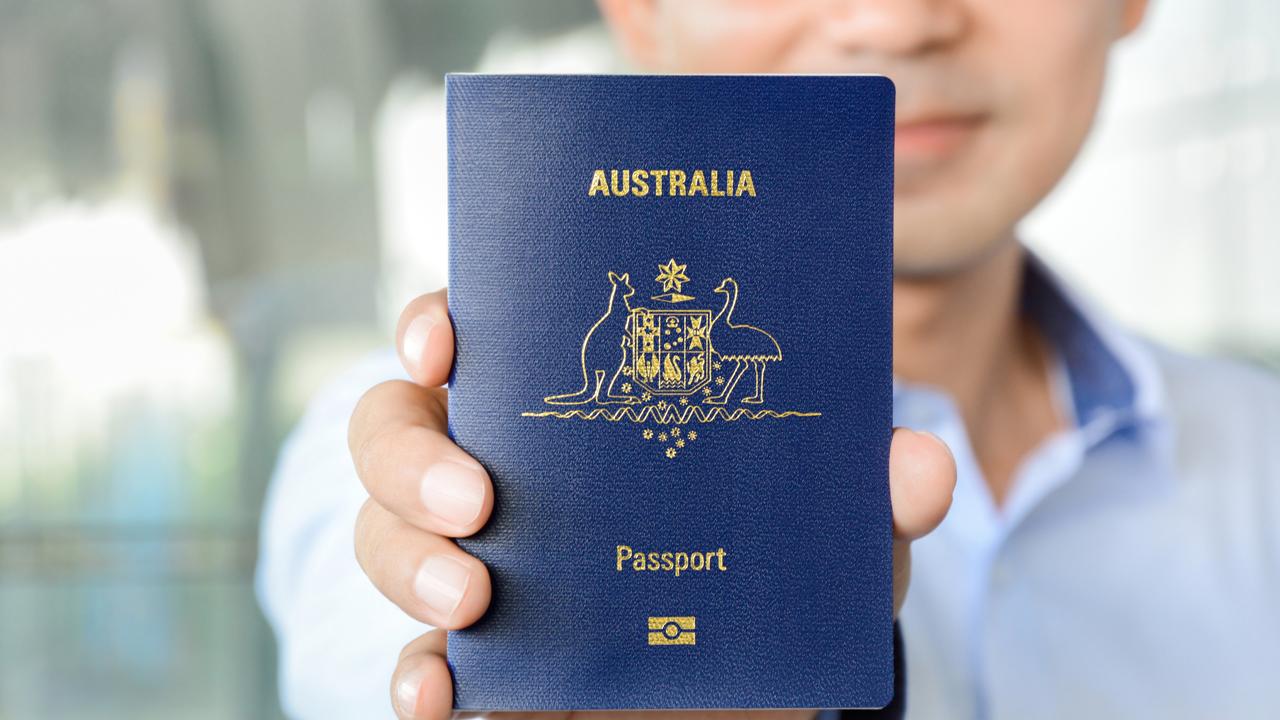
However, year-ended headline inflation is expected to increase to 3.7 per cent by December with energy rebates scheduled to end on June 30. Analysts say the end of the Energy Bill Relief Fund could have households slugged with a 47 per cent rise in out-of-pocket electricity costs.
The RBA will have changes of its own with the board to be split into two from March 1, with a new monetary policy board tasked with determining the cash rate, separate from a newly created governance board.
Of the existing board, Carolyn Hewson, Ian Harper, Iain Ross and Alison Watkins shifted to the monetary policy board, joined by economist Renee Fry-McKibbin and former Bendigo and Adelaide Bank chief executive Marnie Baker.
From Wednesday, a 10-year adult passport will increase by $14 to $412 as it is indexed to inflation. The Medicare safety net also will rise on January 1, pushing up the amount individuals and families need to pay before they are provided with increased public health subsidies. The original safety net is increasing from $560 to $576, and from $2544 to $2615 for those without concession.
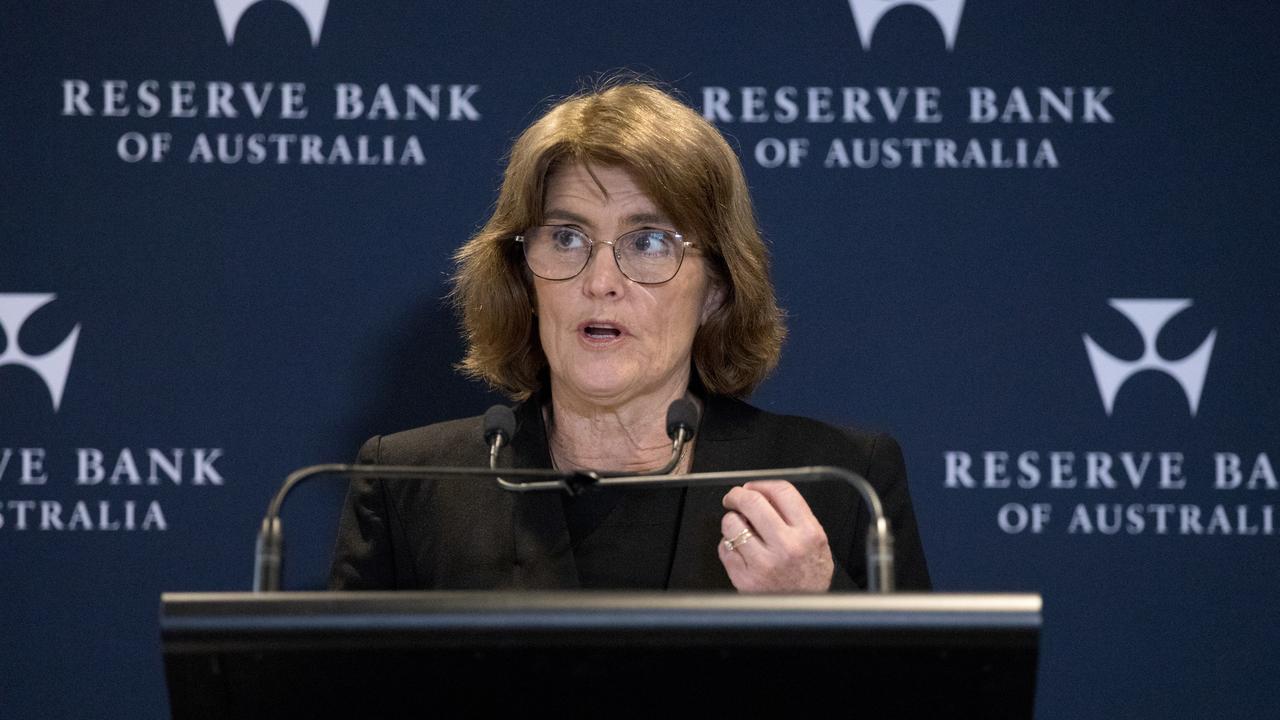
Renters should face small price rises as the highest vacancy rates in 18 months add downward pressure on rents. PropTrack’s latest rental report found national median rents rose 7 per cent in the year to September 30, half the 2023 rate.
Companies with revenue greater than $500m, assets of more than $1bn, or more than 500 employees, will be required to disclose their climate-related risks and opportunities.
Employers found to have deliberately underpaid an employee could be sentenced to a maximum sentence of 10 years in prison from January 1, under legislation making it a criminal offence instead of civil. The maximum fine for individuals could be triple the amount of the underpayment or $1.65m, whichever is higher, and a company could cop a maximum fine of triple the amount of the underpayment or $8.25m, whichever is higher.
Youth Allowance and Austudy payments increase by up to $30.60 per fortnight, carer allowance will rise by $5.70 per fortnight and youth disability pensions by $30.10 per fortnight.
Originally published as What 2025 holds for Australian property prices, rents and the cost of living



